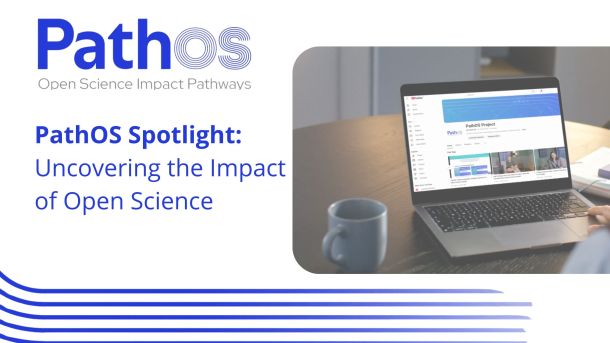Trailblazing and fostering synergies between Industry & Academia

By Pedro Principe & Antonia Correia, University of Minho
Introduction
Knowledge-intensive industries and Small and Medium-sized Enterprises (SMEs) are negatively affected by toll gated, costly, access to the literature they need to perform research, in the same way academic institutions do. Open Access to scientific literature can accelerate collaborations between these stakeholders, while giving a boost to the national innovation activity. This case study focuses in the role the Portuguese open access infrastructure RCAAP plays in fostering this collaboration, increasing the visibility, accessibility and dissemination of the results of national academic and scientific research activity on an open access basis.
Why was this particular study selected to support testing and operationalization of Open Science indicators?
RCAAP has been developed by FCCN, the Portuguese Foundation for National Scientific Computing, with the technical and scientific collaboration from Minho University, to collect, aggregate and index Open Access scientific publications collected from institutional repositories of national higher education institutions and national open access journals, containing thousands of scientific and academic documents. It benefits from the Portuguese legislation mandating the deposit of master and PhD thesis, and from the Foundation for Science and Technology’s national policy for Open Access, mandating the deposit of full-text publications resulting from its funding.
Why do you think this is study is important for the broader Open Science context?
Within this case study we will analyse the uptake of Open Access publications available through RCAAP portal by Portuguese SMEs and industry, thus contributing to a better understanding of the impact of OA in non-academic contexts. Additionally, we aspire to monitor the level of compliance with Foundation for Science and Technology's OA policy, and actinably put to the test the assumption on the potentially positive impact of OA mandates on innovation activities.
How will this study contribute to the main aims of the project?
This case study is set out to inform and explore the possible pathways for Open Science outputs and examine the impacts of a combined national open access to publications mandate and OA infrastructure, as well as demonstrate a research infrastructure’s contribution to research excellence and innovation that streches beyond academia.
What kind of impact is expected to be generated by the results/outcomes of the study for different stakeholder groups?
Both Foundation for Science and Technology policy officers, institutional actors managing RCAAP, researchers, higher education institutions representatives and SMEs/ industry will be interested in learning about our case study’s findings, as far as collaboration intensity and diversity and the uptake of research results by industry are concerned.
The UMinho Team
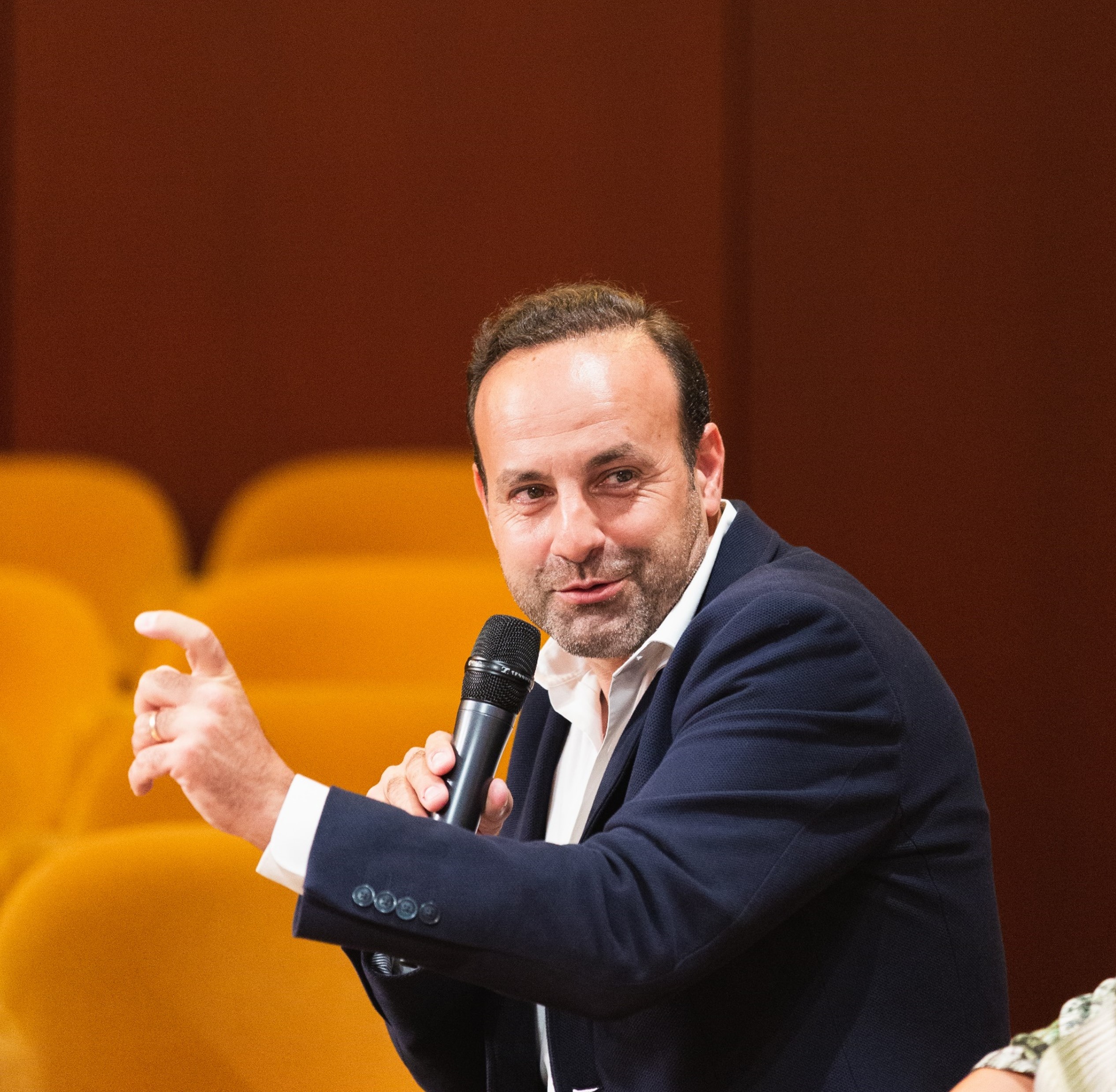
Pedro Principe, Head of Division at University of Minho Documentation and Libraries Services
Pedro Príncipe is Head of Division at University of Minho Documentation and Libraries Services. Coordinates the Scientific Information Management, Repositories and Open Science Office, with participation in European projects such as OpenAIRE-Nexus, EOSC-Future, PATTERN, PATHOS, OpenAIRE Advance, FIT4RRI, FAIRsFAIR, FOSTERPlus and RCAAP projects. In OpenAIRE infrastructure he is working as support officer and product manager of the Providers Dashboard. He is member of the National Executive Council of the Portuguese Association of Librarians, Archivists and documentalists (BAD) and in BAD is also Coordinator of the Academic Libraries working Group since 2014. Was member of the EOSC FAIR Working Group (2019-2020) and is the chair of the Portuguese RDM Forum.
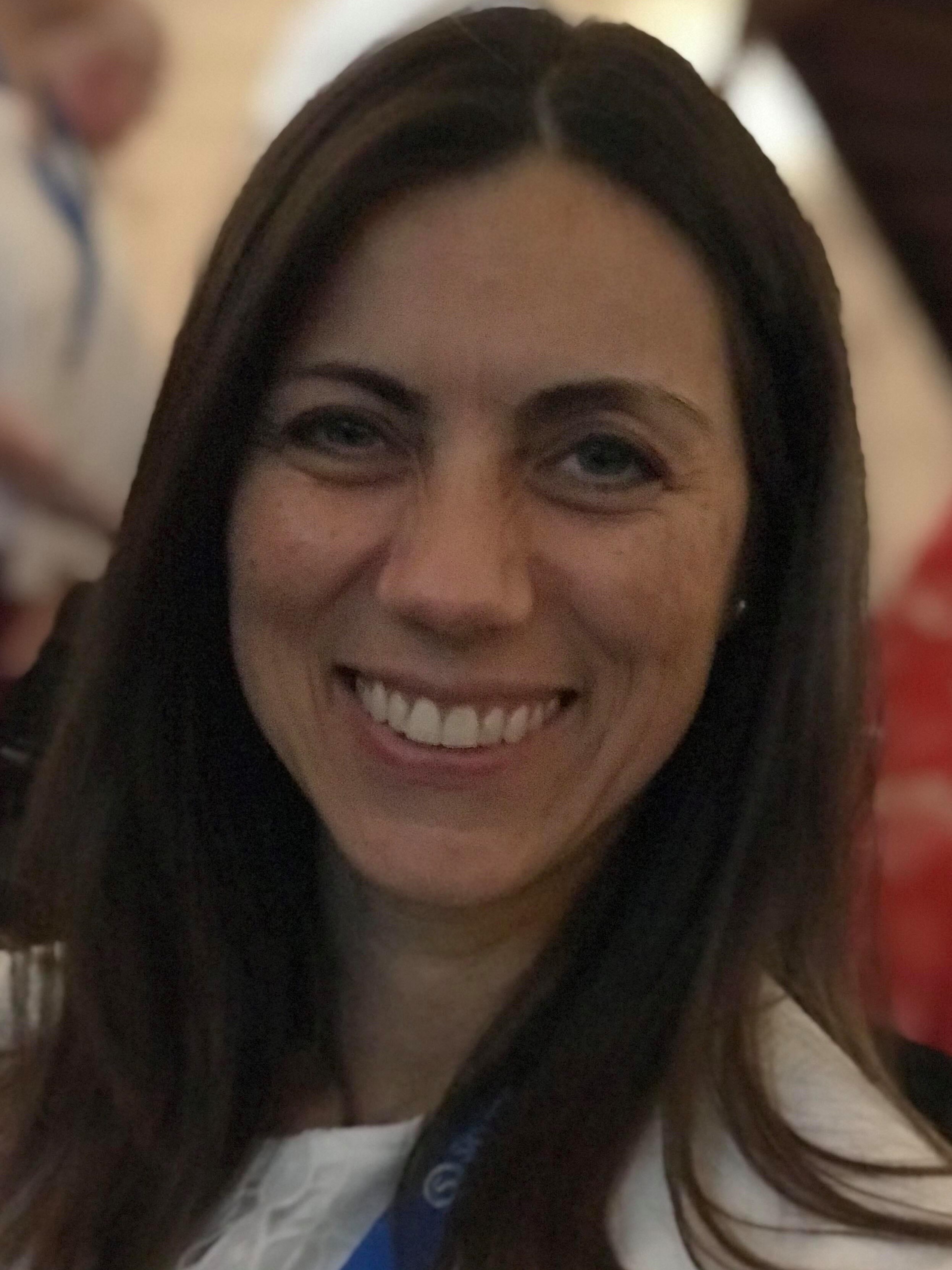
Antonia Correia, Information specialist, Open Science Office, University of Minho
Antonia Correia is an information specialist for European projects such as PATHOS, PATTERN, On-MERRIT, FIT4RRI, and FOSTERPlus at the Scientific Information Management, Repositories and Open Science Office in Minho University. She has extensive experience as an academic librarian supporting researchers in scientific publishing, visibility and evaluation. She integrates the OpenAIRE and Portuguese Communites of Practice for training practitioners, the Portuguese RDM Forum and participates as a trainer in the OpenAIRE Open Science Train the Trainer Bootcamps.
Written by
Latest Articles
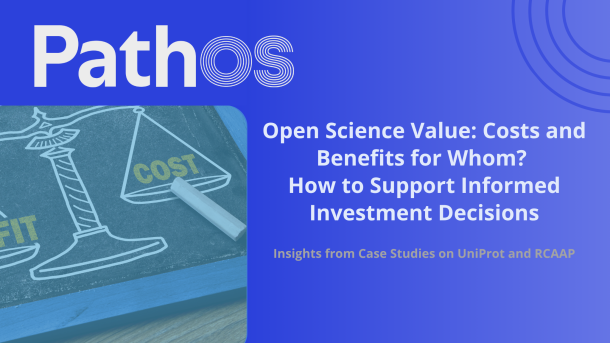
Open Science Value: Costs and Benefits for Whom? How to Support Informed Investment Decisions
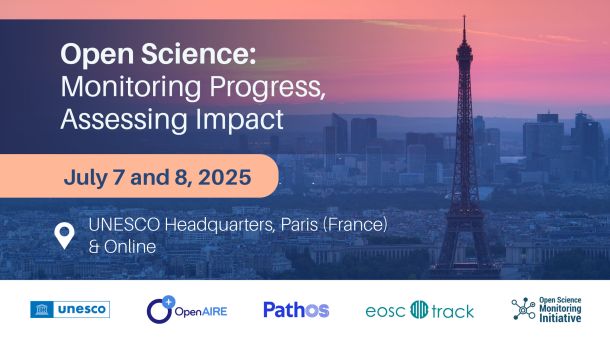
Press Release: Conference on Open Science: Monitoring Progress, Assessing Impact
